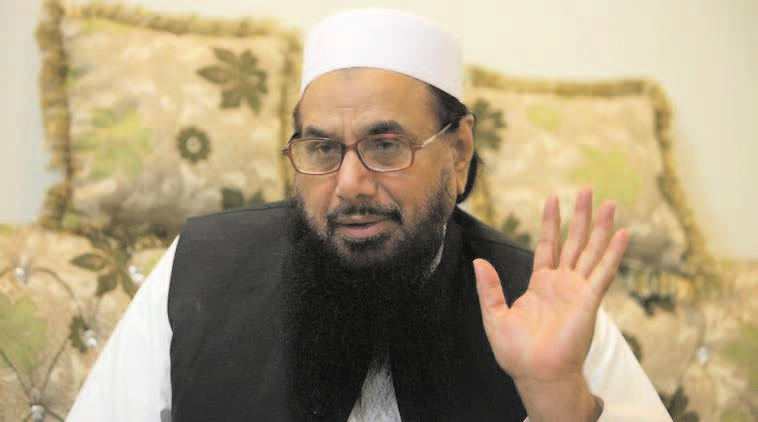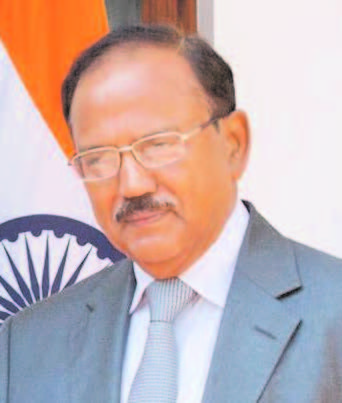
A top official of the Pakistan government said on Wednesday that an FIR would soon be lodged against Jamaat-ud-Dawa (JuD) chief Hafiz Muhammad Saeed, currently in house arrest under an anti-terrorism law.
The crackdown on the Mumbai attack mastermind and others was described as “cowardly” by assorted terror and militant groups, with Hizbul Mujahideen chief Syed Salahuddin saying it was “painful”. Minister Khurram Dastagir Khan said all state institutions were on board before action was taken against Saeed, adding, “The charges against him will be known in a few days.”
Punjab law minister Rana Sanaullah said more activists of JuD and its front Falaha-i-Insaaniyat (FIF) would be booked soon. “We’re monitoring the activities of JuD and FIF workers. More activists will be detained under the fourth schedule of the anti-terrorism law,” Sanaullah said, telling reporters that Saeed’s Kashmir policy was at variance with Pakistan’s. “We won’t compromise on our national interest. Our policy on Kashmir is different from JuD’s,” the minister said.
Syed Salahuddin issued a statement saying the arrest not only sent “a negative and disappointing message” to the people in “India-held Kashmir”, but also showed “Pakistan’s weak role in the ongoing freedom struggle” of Kashmiris. He urged the Pakistani government to revoke the detention, which led to a few pro-JuD demonstrations in Muzaffarabad in Pakistan Occupied Kashmir.
“Kashmir’s freedom movement demands the Pakistani leadership rise above compulsions and fears and take a firm position. Saeed has always called the international community to break its criminal silence on Kashmir,” said Salahuddin, who also heads the United Jihad Council (UJC), a conglomerate of 12 terror groups.
Pakistan army, which allegedly used Saeed and his militant outfits for years as proxies against India, has said his arrest was in national interest. October last, the Sharif government had informed the military leadership of Pakistan’s growing international isolation over failure to curb terrorists, and sought consensus on several key actions against non-state actors. Foreign secretary Aizaz Ahmed Chaudhry had then said that the principal international demands were for action against Masood Azhar and Jaish-e-Mohmmad, Hafiz Saeed and Lashkar-e-Taiba, and the Haqqani network.





Be the first to comment